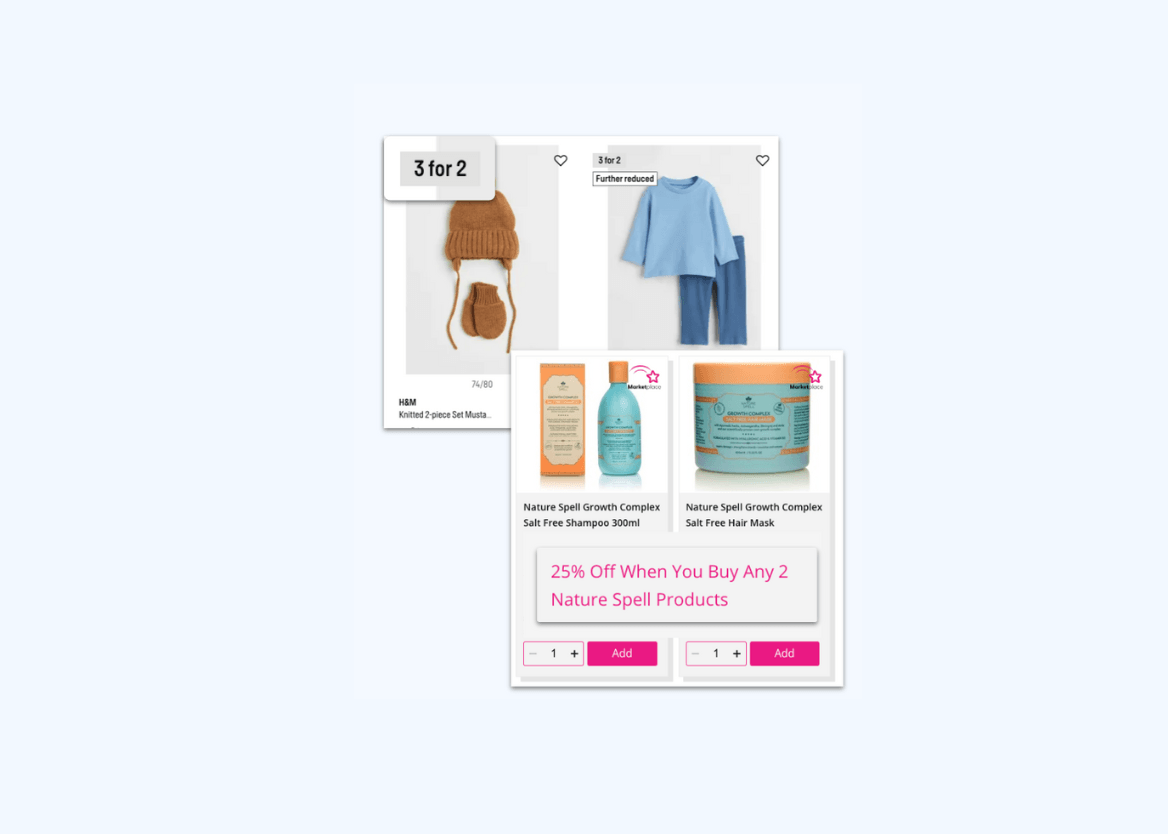5 Questions to Ask Yourself About Online Marketplaces—the World’s Most Successful eCommerce Model

Today, online marketplaces are fostering global ecosystems of participants, which grow and improve the experience of customers, merchants, and marketplace operators alike. According to Bloomberg, Amazon’s marketplace revenue has nearly tripled since 2010. This growth is driven by third party sellers in their online marketplace which account for more than 53% of paid units as of 2018. Marketplaces like Alibaba and JD.com have driven China’s contribution to global eCommerce from 0.5% to 42% in only 10 years. And this marketplace revolution isn’t limited to B2C markets. Amazon Business, Amazon’s B2B offering, reached 1 million customers in 2017 and surpassed $10 billion in sales in 2018. Some analysts believe Amazon Business could eventually become bigger than its consumer marketplace.As a result, companies are rethinking their eCommerce strategies to respond to customers’ new buying behaviors. Amazon and other online marketplaces have taught consumers they can have unparalleled product choice and high-speed fulfilment. Now, the online marketplace is enabling other brands, retailers, and B2B companies to compete.But is the marketplace model right for you? Here are five key questions to ask about marketplaces and how they can transform your business for eCommerce success.
1) How does the marketplace model work?
An online marketplace is an environment in which third-party B2C or B2B merchants sell physical items or services on a marketplace website owned by another company—the marketplace ‘operator.’ The operator owns, manages, and realizes business value from their online marketplace. Third-party sellers leverage the operator’s marketplace in exchange for a commission of their sales.Transactional marketplaces help connect more buyers and sellers, giving marketplace operators the ability to offer more products and services, learn more about what customers want, and ultimately sell more with an increased profit margin. These marketplaces foster ecosystems of participants, which help marketplaces grow and improve customer experiences and appeal.
Loading...
The Marketplace Model
2) What will a marketplace do for me?
Soon, there will be as many marketplaces as traditional business models. Marketplace operators enjoy a number of benefits that traditional eCommerce sellers cannot:
Complete ownership of customer, sales, and merchandising data in the marketplace ecosystem
Smart, rapid assortment expansion that optimizes benefits while minimizing costs and risk
Easy selection and onboarding of complementary sellers and channel partners
Endless opportunities for assortment scalability and business growth
That means greater business value that drives real profit for stakeholders. Marketplaces also support risk-free experimentation—with the help of a turnkey marketplace provider, operators can achieve business success within the first year of operation.
3) What will a marketplace do for my customers?
If you sell online, you know your success is determined by customer engagement and the appeal of your site. Marketplaces provide the greatest possible value for your customers and stakeholders in ways unachievable with traditional eCommerce models.A superior customer experience starts with product depth and expanded assortments that your customers want. The marketplace is a self-sustaining, price-competitive model that drives down prices on those assortments as well.With that wide, expanding assortment using third-party sellers, products are essentially always in stock and complementary services are always available. Best of all, access to customer data helps you create deep customer relationships that keeps customers coming back for more.
4) Do marketplaces work for both B2B and B2C companies?
Loading...
Any B2C retailer that sells online can build and manage a marketplace. Now, marketplaces have become accessible to B2B sellers as well._BestBuy Canada's Marketplace_Since Amazon launched its successful B2B offering in 2015, they have proven that marketplaces are not just for B2C. Now, 80% of B2B buyers expect the same level of convenience experienced on B2C websites, and 87% of business buyers across industries are already making business purchases on online marketplaces.
B2B operators can adapt marketplaces to their own unique requirements when managing channel partners, customer expectations, and existing third-party relationships. That’s because marketplaces close the gap between the close relationships in B2B markets and the impartiality of traditional B2B eCommerce.
Loading...
Siemens Mobility's- Easy Spares Marketplace
5) How do I get started?
If you’re already operating an eCommerce website, launching an online marketplace is easier than you think. There are five internal steps to take before you get started:
Ensure full company commitment to the marketplace model
Enlist sufficient human resources
Integrate your marketplace into your core .com experience like BestBuy Canada did
Target the right third-party sellers
Build trust through transparency
Ready to learn more? Talk with a marketplace expert today.



